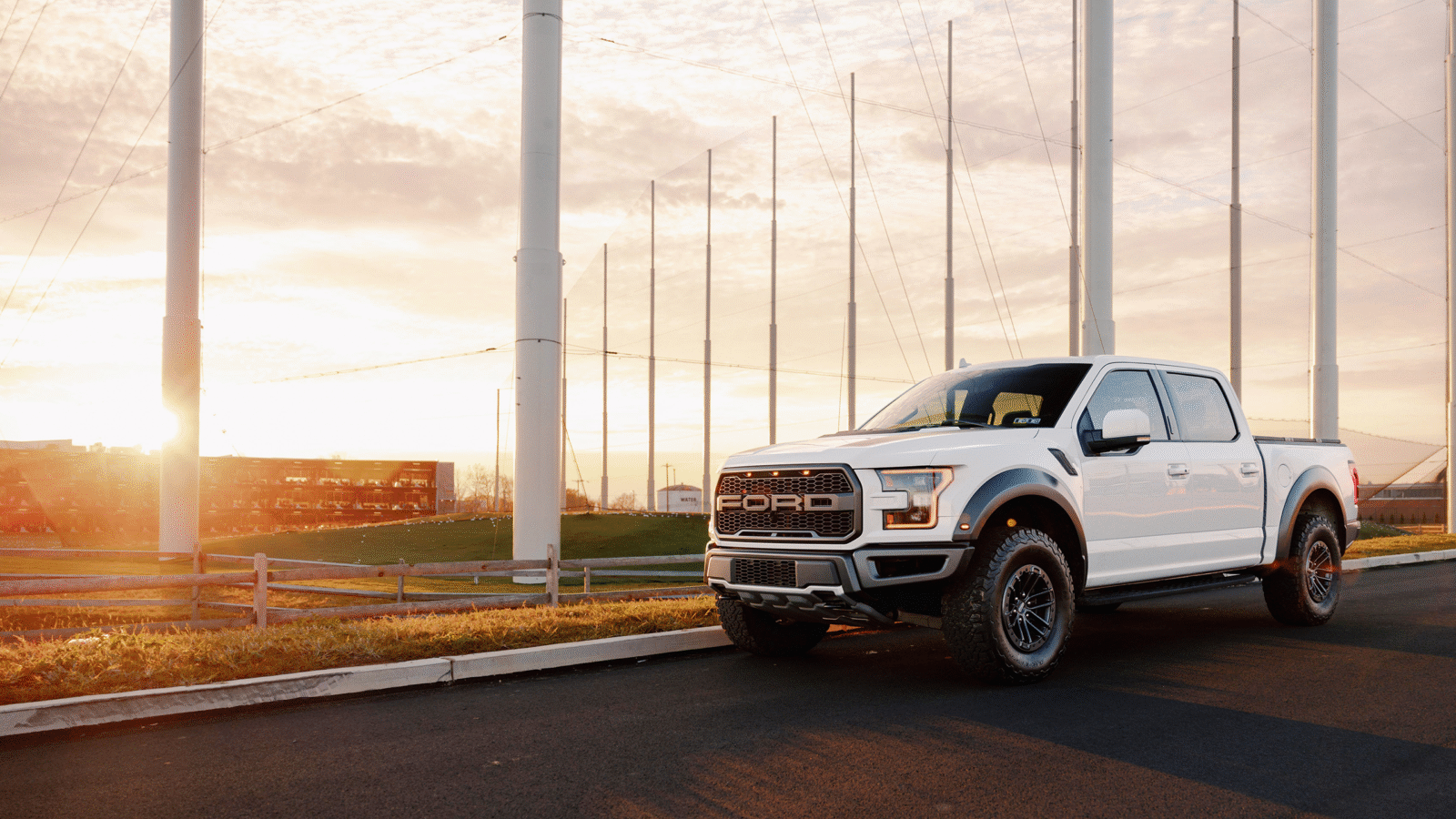Inflation Has Helped Make the Average US Car Older Than Ever
The average age of cars and light trucks reached a record high of 12.6 years in 2024, up by roughly two months from last year.

Sign up for smart news, insights, and analysis on the biggest financial stories of the day.
And miles to go before we sleep or trade in the clunker.
The average age of cars and light trucks in the US has reached a record high of 12.6 years in 2024, up by roughly two months from last year, according to a new market analysis. Changing the oil every 3,000 miles and regular inspections are a lot cheaper than springing for a new ride.
Old Reliable
Everybody loves that new car smell, but the pandemic and its ensuing financial crisis put that purchase out of reach for many. Choked supply chains caused delays and inflated prices, car insurance costs have surged about 57% since April 2020, and the average rate for a 48-month new loan hit 8.3% last September. Plus, while electric vehicles are finally finding their footing, adoption rates have been lower than expected, and most automakers have delayed plans for switching to all-electric lineups.
So it makes sense for drivers to hold onto their vehicles for a little longer or buy a cheaper used car, which has shifted the distribution of vehicles on the road by age. In 2019, cars younger than six years old accounted for 98 million vehicles in operation or about 35% of the total, S&P Global Mobility found. But now they represent less than 90 million:
- New car sales may have turned a corner, however, bouncing back up to 15.5 million new cars sold last year, after falling to less than 14 million in 2022. Cox Automotive forecasts 2024 will be the best year for new car sales since 2019 as interest rates are expected to come down in the second half of the year.
- While automakers and dealers could rebound this year, auto parts shops and services centers have made out pretty well. Sales at O’Reilly rose to $15.8 billion last year, up from $11.6 billion in 2020. Similarly, AutoZone reported $17.5 billion in sales compared to $12.6 billion in 2020. Both companies have made their investors happy, too, with their share prices increasing 170% and 165%, respectively, in the last five years.
SUVs, Trucks, and Crossovers: Model preference is also changing. Since 2020, more than 27 million passenger cars have left the US vehicle population, while just over 13 million new ones were registered, according to S&P. At the same time, more than 26 million light trucks (including utilities) were scrapped, and nearly 45 million were registered. Nobody wants a sedan anymore, it seems. In fact, by the end of this year, Cadillac will be the only member of the Big Three — Ford, General Motors, and Chrysler — to offer a conventional four-door sedan, Slash Gear reported. All those commercials must be true: Americans really do want cars that can drive through rivers and up mountains.











